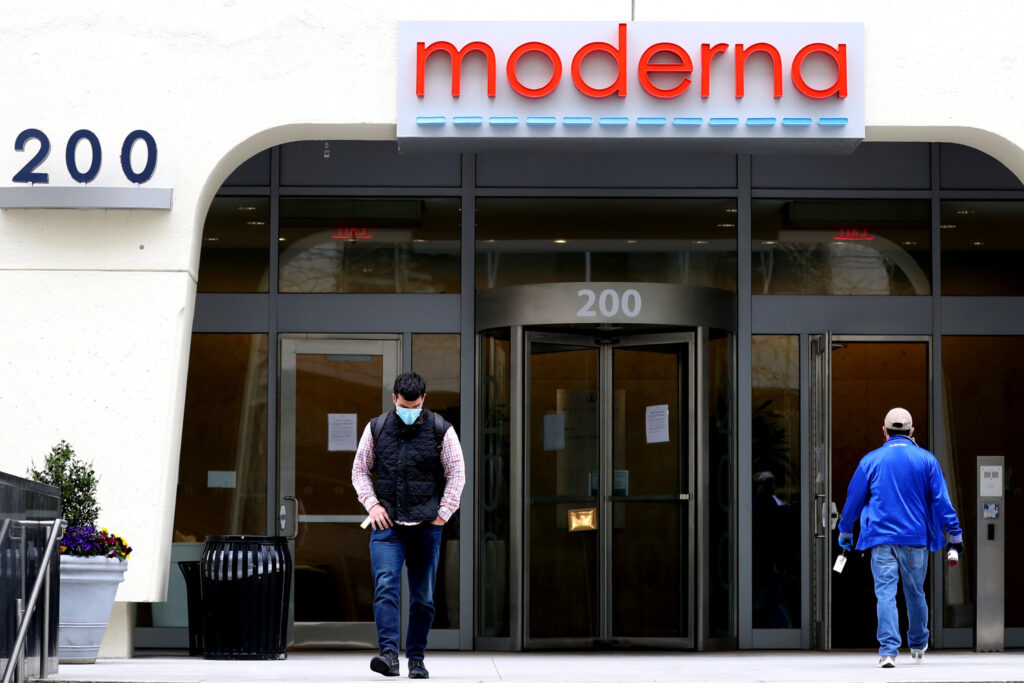The recent surge in Moderna‘s (MRNA.O) stock reveals a grim scenario.
The company’s market value, now at $56 billion, has soared 40% since the discovery of bird flu in American cows in March. However, the actual benefit to Moderna from a new outbreak may be less significant.
The H5N1 flu, common in various animals, could mutate to spread among humans. Historically, influenzas have made such jumps.
About half of the diagnosed cases since 2003 have been fatal.
However, this virulence may not hold as milder cases might be missed, and the virus is likely to change. Predicting when or if a strain will spread easily is nearly impossible.
More certain is the value of Moderna’s mRNA technology, which uses a virus’ genetic code to instruct the body to produce antibodies.
Moderna and its German rival BioNTech developed effective Covid vaccines faster than traditional methods. mRNA vaccines have another advantage: traditional vaccines use inactivated viruses grown in fertilized eggs, which avian flu might kill, hampering production.
The U.S. government even maintains a secret stockpile of hens to ensure egg availability.
The potential societal value is enormous.
The International Monetary Fund estimated in 2022 that Covid’s economic damage would exceed $12.5 trillion. A more deadly bird flu could incur higher costs, and a vaccine could save trillions.
Governments are stockpiling vaccines.
The U.S. agreed to buy 4.8 million doses from Australia’s CSL (CSL.AX). If the U.S. buys a similar amount from Moderna at $100 per shot, that’s $500 million in revenue.
However, these vaccines may not match a pandemic strain perfectly, so governments are cautious about purchasing too many.
In a pandemic, the opportunity could be huge.
Moderna and Pfizer (PFE.N) sold about $130 billion of Covid vaccines during the pandemic.
Assuming similar revenue, with Pfizer taking half and Moderna’s net margin at 66%, the profit could be $43 billion.
But if the chance of an outbreak is 33%, the boost to Moderna’s bottom line drops to $14 billion, less than its market value increase since March.
Other companies might also share the sales.
Post-pandemic, global flu shot sales would likely be around $7 billion annually. Moderna has long planned to sell influenza vaccines, so this opportunity should already be reflected in its valuation.
Interestingly, other stocks are not pricing in the possibility of a pandemic.
Pfizer’s valuation hasn’t changed much since March, and shares in previous pandemic winners like Peloton Interactive (PTON.O) and Zoom Video Communications (ZM.O) are down.
Moderna stands alone as a warning sign.
The U.S. Centers for Disease Control and Prevention reported an ongoing multi-state outbreak of H5N1 avian influenza in dairy cows as of June 10.
Three human cases have been diagnosed following exposure to infected cows.
